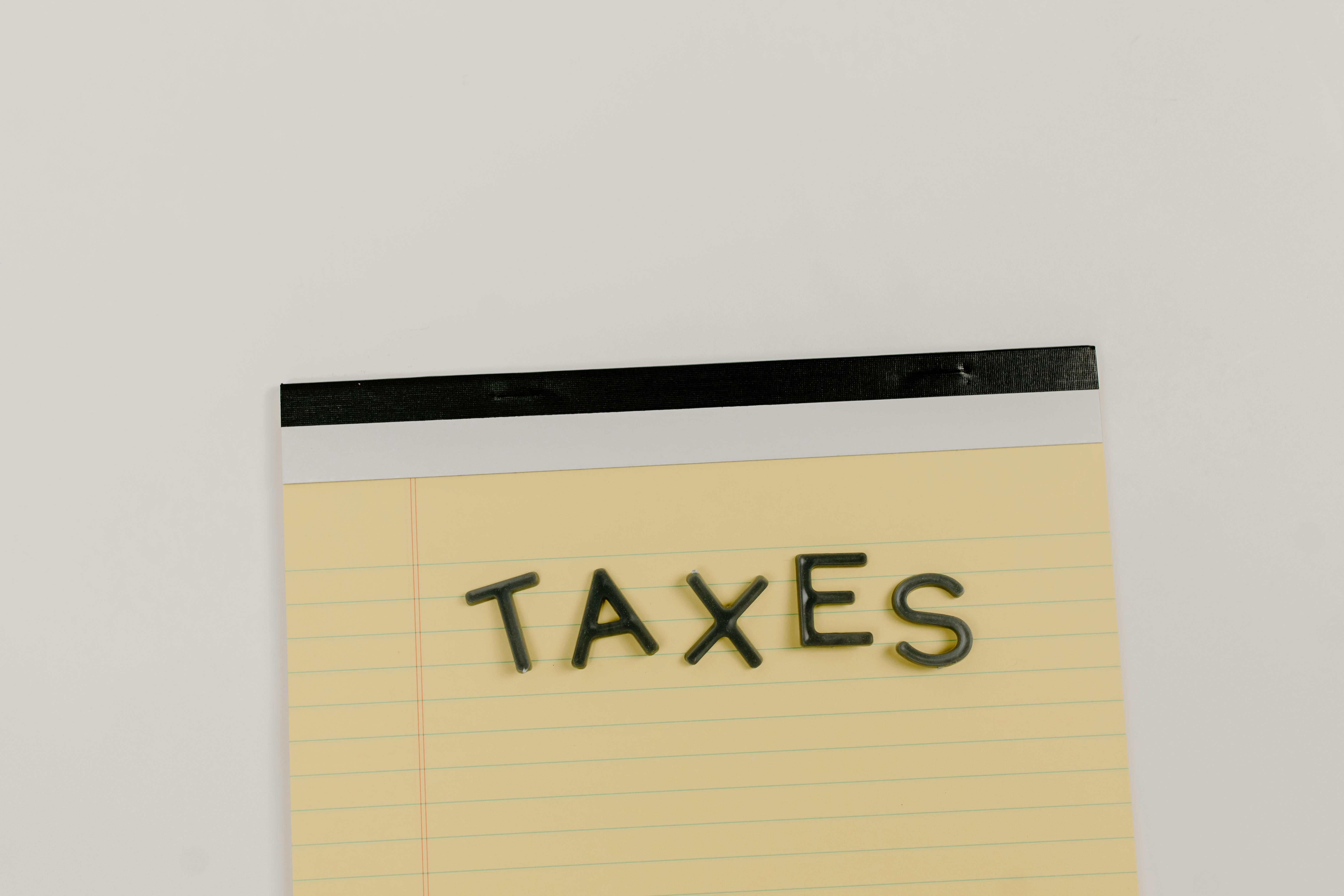
Concluding Thoughts on Compliance and Market Adaptation
The regulatory environment we are operating in today—November 2025—is not a temporary adjustment; it is the new baseline. The days of treating short-term rentals as a hobby that happens to generate tax-free side income are definitively over. Success now hinges on operational professionalism and proactive engagement with the rules.
Host Action: Necessity of a Proactive Tax Strategy. Find out more about Onondaga County short-term rental tax enforcement.
If you have not already, you must transition your approach. The host who waits for an official notice from the Department of Finance or a cease-and-desist letter from a local Code Enforcement officer is already behind the curve. Successful navigation of this taxed and regulated market demands a shift in mindset:
- Educate Yourself Constantly: Follow the legislative chatter in Albany and the municipal announcements in Syracuse and surrounding towns. Stay informed on the nuances of STR financial record keeping, not just how to list a property.
- Document Everything: Keep copies of all platform remittance statements, property registrations, and local permits. If a platform reports incorrectly, you must have the source data to challenge it.. Find out more about Onondaga County short-term rental tax enforcement guide.
- Consult Professionals: Do not guess about your liabilities. Consulting with a tax professional who understands both New York State Sales Tax and local occupancy taxes is a necessary operating expense in this new market structure.
- Verify Local Rules: Contact your town/village clerk *today* to confirm zoning/permit requirements; they are separate from the county tax.
- Audit Your Platform Settings: Confirm your chosen booking platforms are collecting and remitting the 7% Onondaga County Tax AND the 4% NY State Sales Tax.. Find out more about Onondaga County short-term rental tax enforcement overview.
- Segregate Funds: Establish dedicated accounts for all rental income and tax liabilities to prepare for Q4 2025 filing requirements.
- Information regarding the expanded state tax framework and platform reporting mandates can be reviewed in summaries detailing the state’s 2025 amendments to Tax Law § 1200 and RPL § 447-c, which mandated the data transparency requirements New York State’s Expanded Tax Laws for STRs.
- The specific restrictions imposed by the statewide MDL on multi-unit dwellings are a critical read for any owner in residential buildings, detailed in analyses of New York City and Statewide STR Regulations.
- For a breakdown of the local tax parity effort in Onondaga County itself, news reports confirming the 7% tax inclusion for STRs offers context on the political and fiscal drivers.
Adopting a proactive tax strategy means treating your rental like the business it is, ensuring you know precisely when taxes apply, how they must be collected, and how they are remitted—whether directly or via the platform.
The Future Trajectory of Short-Term Rental Governance. Find out more about Onondaga County short-term rental tax enforcement tips.
The enforcement action in Onondaga County is more than a local story; it’s a milestone in the maturation of the entire New York short-term rental industry. It solidifies the principle that STRs must integrate fully into the local economic and taxation frameworks that support traditional lodging providers.
What this suggests for the future is a continued trajectory toward greater regulatory oversight, enhanced data collection, and tighter links between local zoning and state tax compliance. Other counties across New York, observing the $1 million annual revenue estimate, are likely to adopt similar structures, implementing their own variations of the 7% tax and the 2% state overlay where permitted. The focus will increasingly turn to the newly established state registry (mentioned as a goal tied to the new revenue), which will provide an unparalleled map of STR prevalence.
The time for low-friction, high-return passive income is evolving into a time for strategic, compliant, and documented property management. The opportunity remains, but only for those who adapt to the new guardrails. The market has matured; your business operations must follow suit.. Find out more about Onondaga County short-term rental tax enforcement strategies.
Actionable Takeaways for November 2025:
Are you ready to formalize your operations in this new era of mandatory transparency? What local ordinance in your Onondaga County municipality has caused the biggest headache for your business model?
Authoritative References for Deeper Dive:. Find out more about Financial record keeping for Airbnb hosts Onondaga County definition guide.
For those needing to cross-reference the legal basis for these operational shifts, the following resources provide crucial context:
This article is for informational purposes only and does not constitute professional tax or legal advice. Always consult with a qualified local professional.
